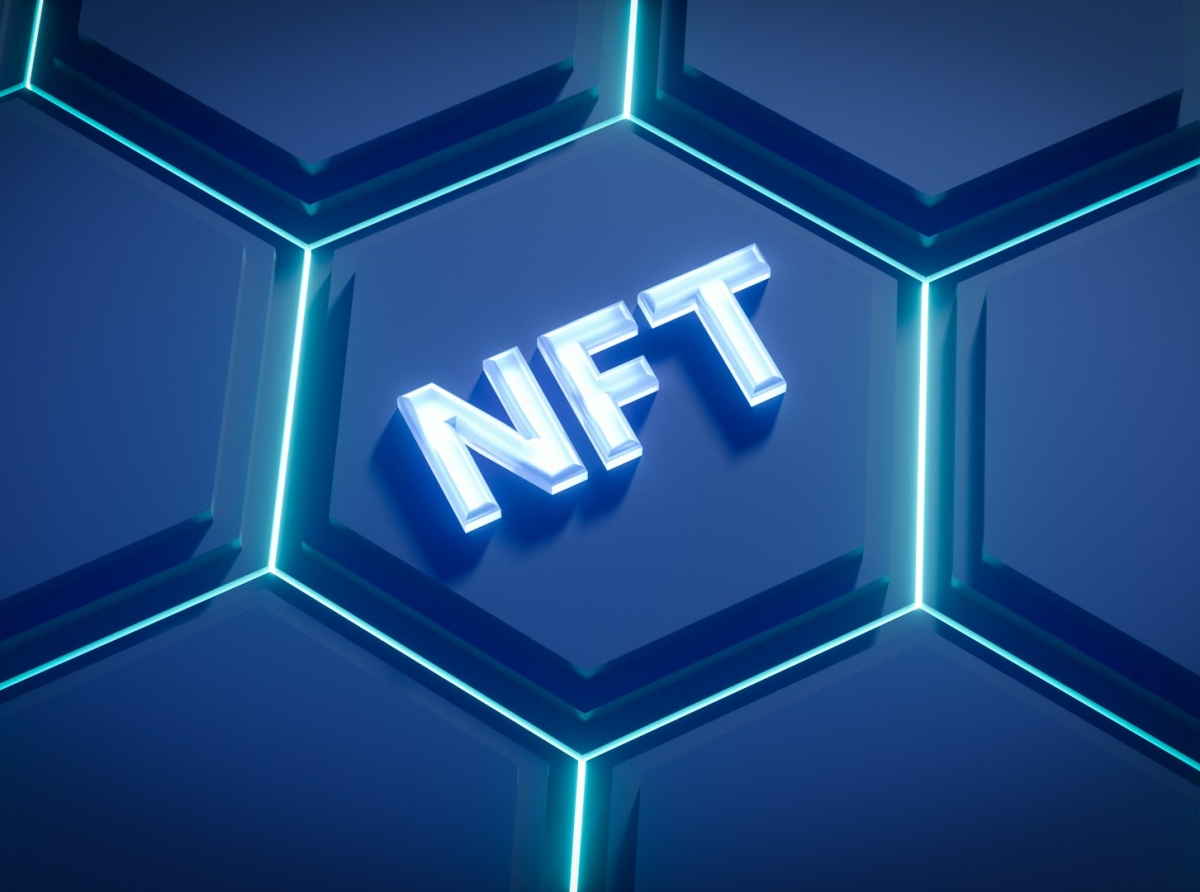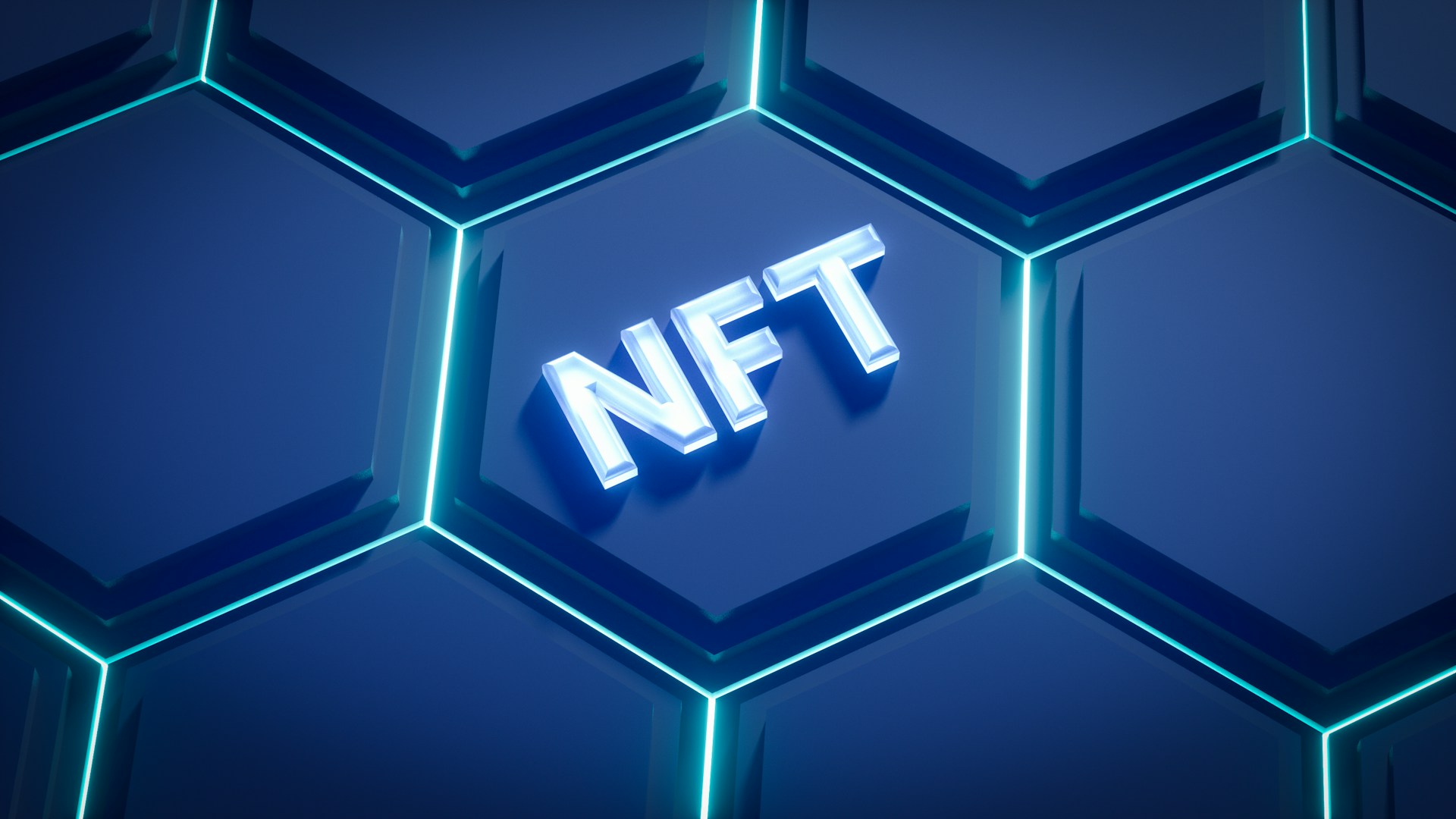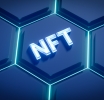
NFT — Not Just Art, But Valuable Data
In recent years, Non-Fungible Tokens (NFTs) have gained substantial attention, initially capturing the public eye through high-profile sales of digital art.
However, the utility of NFTs extends far beyond mere digital images.
They are revolutionizing various sectors by enabling the tokenization of valuable data such as real estate documents, intellectual property rights, and more.
This transformation underscores the critical importance of securely storing these digital assets to safeguard their value and integrity.
However, the utility of NFTs extends far beyond mere digital images.
They are revolutionizing various sectors by enabling the tokenization of valuable data such as real estate documents, intellectual property rights, and more.
This transformation underscores the critical importance of securely storing these digital assets to safeguard their value and integrity.

NFT — Not Just Art, But Valuable Data
Understanding NFTs and Their Value
NFTs, or Non-Fungible Tokens, are unique digital assets verified using blockchain technology. Unlike cryptocurrencies such as Bitcoin or Ethereum, which are fungible and can be exchanged on a one-to-one basis, NFTs are unique and indivisible.Each NFT has distinct information or metadata that distinguishes it from any other token.
Beyond artwork, NFTs have found applications in various fields. For example:
Real Estate: Property deeds can be tokenized as NFTs to streamline transactions and reduce fraud.
Intellectual Property: Creators can tokenize patents or trademarks to ensure the authenticity and ownership of their intellectual property.
Digital Collectibles: Items in virtual worlds or games can be represented as NFTs, adding value to in-game assets.
This wide range of applications elevates the importance of securely storing these tokens since they represent significant value.
Challenges in Storing Digital Assets
Storing digital assets such as NFTs presents several challenges:Cybersecurity Risks: Digital storage systems are prime targets for hackers. Unauthorized access can lead to theft or loss of valuable data.
Data Corruption: Digital files are susceptible to corruption due to software glitches or hardware malfunctions.
Legal Implications: The legal framework surrounding digital asset storage is still evolving. Improper storage could lead to legal complications regarding ownership and intellectual property rights.
These challenges necessitate robust security measures to ensure that the stored data remains safe from both cyber threats and technical failures.
Current Storage Solutions
Several storage solutions are currently available for securing NFTs:Hardware Wallets:
Strengths: High security since they store private keys offline; immune to online hacking.
Weaknesses: Physical damage or loss of the device can result in irretrievable loss of assets; less accessible compared to online solutions.
Cost: Generally affordable; however, high-quality hardware wallets can be more expensive.
Cloud Storage:
Strengths: High accessibility from any location with internet access; easy backup options.
Weaknesses: Vulnerable to online attacks; reliance on third-party service providers poses additional risk regarding data privacy.
Cost: Subscription-based models vary in price depending on storage capacity.
Decentralized Networks (e.g., IPFS):
Strengths: Enhanced security through decentralized storage; reduced risk of centralized points of failure.
Weaknesses: Potentially slower access times due to distributed nature; still an emerging technology with ongoing development.
Cost: Generally lower costs compared to traditional cloud storage due to decentralized infrastructure.
Each solution offers a different balance of security, accessibility, and cost-effectiveness, making it crucial for NFT holders to choose based on their specific needs and risk appetite.
Future Directions in Secure Storage
As technology evolves, new methods for improving NFT storage security are emerging:Quantum Encryption:
Quantum encryption promises unparalleled levels of security by leveraging the principles of quantum mechanics. As quantum computing becomes more mainstream, this technology could revolutionize how sensitive data is protected against cyber threats.
Blockchain Advancements:
Continuous improvements in blockchain technology aim at enhancing both security and efficiency. For instance, the development of Layer 2 solutions can offer faster transactions while maintaining security standards.
Regulatory Frameworks:
As governments recognize the growing significance of digital assets, regulatory frameworks will likely evolve to mandate robust security measures for NFT storage providers. This will help establish industry standards and ensure compliance with best practices.
Conclusion
The rise of NFTs extends far beyond their initial association with digital art; they now represent a broad spectrum of valuable data across various industries. Given this expanded role, securely storing these digital assets is paramount. Current solutions offer varying levels of security and accessibility but face distinct challenges that need addressing.
Future advancements like quantum encryption and improved blockchain technologies promise enhanced security measures that will adapt with evolving threats. As we continue navigating this dynamic landscape, prioritizing secure storage practices will remain essential for protecting the inherent value embodied by NFTs.
NFTs, Valuable data, Digital assets, Secure storage, Blockchain technology









Report
My comments